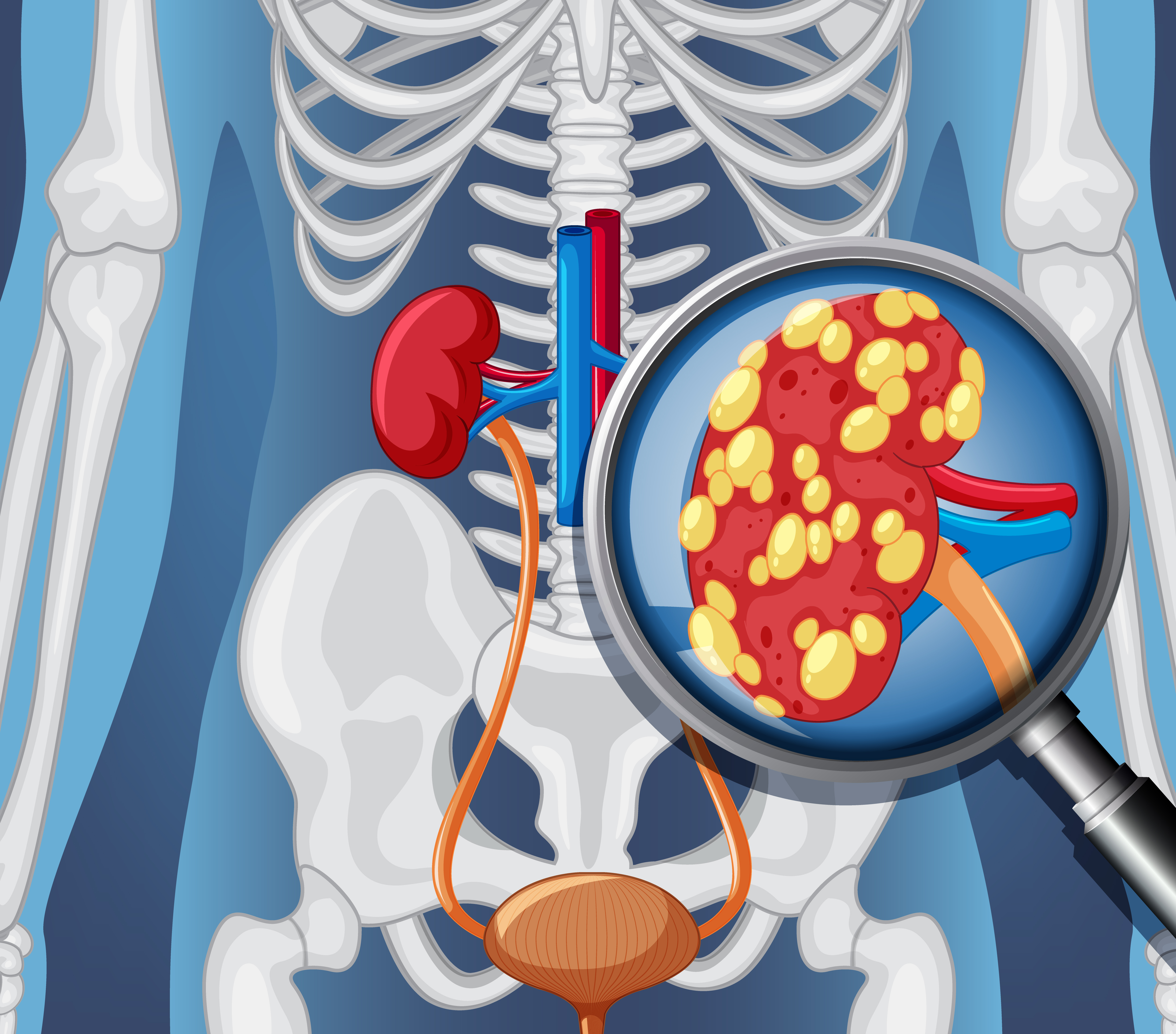
Unveiling the Vulnerabilities: Understanding Risk Factors for Gastroenteritis
Gastroenteritis, often known as the stomach flu, is a common ailment that affects millions of people worldwide each year. It’s characterized by symptoms like diarrhea, vomiting, abdominal cramps, and nausea, which can range from mild discomfort to severe illness. While anyone can fall victim to gastroenteritis, certain factors can increase one’s susceptibility. Let’s delve into these risk factors to better understand who is most vulnerable.
1. Age: Infants, young children, and older adults are at higher risk due to weaker immune systems. In infants, their immune systems are still developing, while in older adults, immunity may decline with age.
2. Weakened Immune System: Individuals with weakened immune systems due to conditions like HIV/AIDS, cancer, or undergoing chemotherapy are more susceptible to gastroenteritis. Likewise, those taking immunosuppressive medications are at increased risk.
3. Poor Hygiene: Lack of proper handwashing, especially after using the bathroom or before handling food, can facilitate the spread of gastroenteritis-causing viruses and bacteria.
4. Contaminated Food and Water: Consuming food or water contaminated with viruses, bacteria, or parasites is a common cause of gastroenteritis. This risk is higher in areas with poor sanitation or inadequate food handling practices.
5. Close Contact: Living or spending time in close quarters with someone who has gastroenteritis increases the likelihood of transmission, especially in crowded environments like daycare centers, nursing homes, or cruise ships.
6. Travel: Traveling to regions with poor sanitation and hygiene standards increases the risk of contracting gastroenteritis, commonly referred to as traveler’s diarrhea.
7. Consumption of Raw or Undercooked Foods: Eating undercooked meats, raw seafood, or unpasteurized dairy products can expose individuals to harmful bacteria like Salmonella, E. coli, or Campylobacter.
8. Chronic Medical Conditions: Certain chronic medical conditions such as diabetes, kidney disease, or liver disease can predispose individuals to gastroenteritis or exacerbate its symptoms.
9. Use of Antibiotics: Antibiotics can disrupt the natural balance of bacteria in the gut, making individuals more susceptible to gastroenteritis, particularly infections caused by Clostridium difficile (C. diff).
10. Climate and Season: Gastroenteritis often peaks during warmer months when bacteria and viruses thrive in higher temperatures. Additionally, natural disasters or floods can contaminate water sources, increasing the risk of outbreaks. While these factors can increase vulnerability to gastroenteritis, adopting preventive measures like practicing good hygiene, ensuring food safety, staying hydrated, and getting vaccinated (where available) can help reduce the risk of infection.
To seek medical advice, always consult a Doctor. Here are our recommended experts. Click Here
To read more on Gastroenteritis. Click Here


